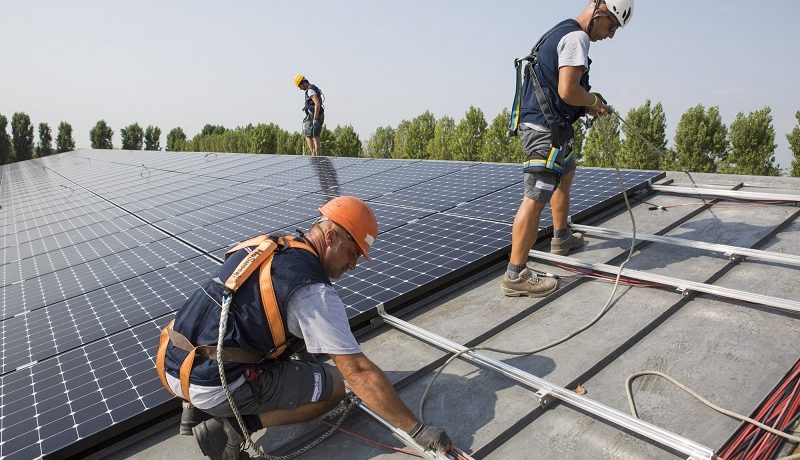Energy communities value. The missing tool in tackling energy poverty: empowering renewable energy communities in the energy crisis mitigation.
While the energy crisis impacts can still be felt across Europe with devastating consequences, emergency as well as long-lasting solutions are investigated. In a unique collaboration, 10 EU-funded projects have gathered to produce a comprehensive briefing including recommendations for various stakeholders, on how could renewable energy communities be a vehicle to mitigate the energy crisis and lift people out of energy poverty.
As many as 35 million EU citizens were unable to keep their homes adequately warm in 2020, according to Eurostat figures.
This number is likely to have been increased by the pandemic, the pernicious effects of the Ukraine invasion and the resulting high energy prices, and as a consequence of a slow progress on energy efficiency improvements. The impacts of these developments on people and on the economy are striking. Energy poverty increased and most governments across Europe tried to put a patch on things with different measures.
As an additional long-term measure, Renewable Energy Communities (RECs) and Citizen Energy Communities (CECs) could contribute to the reduction of energy poverty. This briefing explores what would be suitable conditions and policy frameworks for this to happen, by drawing from findings of various EU-funded projects.
Realising there was much to share on the topic, and the research they had done in the previous years could benefit a variety of stakeholders, including policymakers who could use its inputs and examples to draft future EU, national and local policies, BECoop, CEES, PowerPoor, eCREW, W4RES, UP-STAIRS, COME RES, EC2, NRG2PEERS and Sun4All prepared a comprehensive briefing.
The ten projects are working on the topics of energy communities and/or energy poverty and looked together at how the two topics actually relate. The briefing provides some answers and policy recommendations to the question: “Can renewable energy communities be leveraged as a vehicle to mitigate the energy crisis, with the ability to lift people out of energy poverty? If so, how and under which conditions?”.

